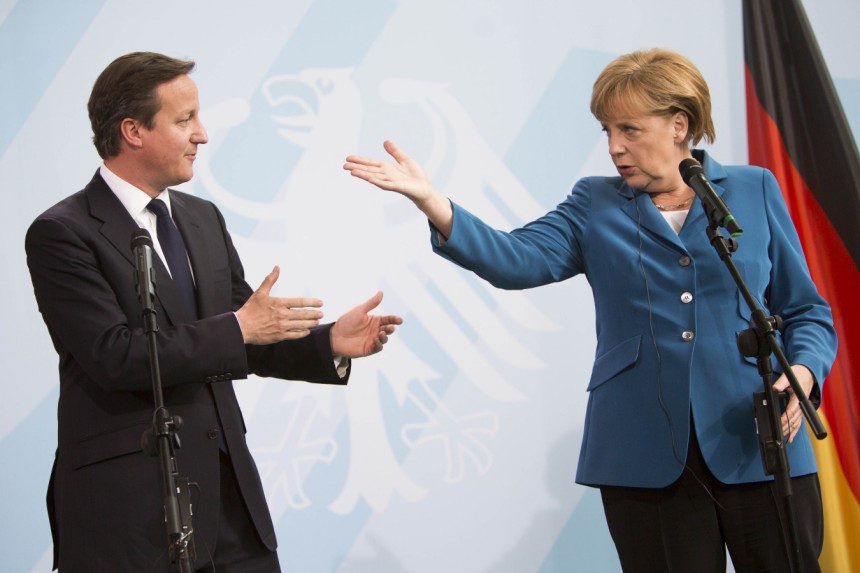

Photo from AFP
Brits are unknowingly passing taxpayers' money to Microsoft as part of lucrative deals where ~$10,000 get spent per Windows desktop per year. This has got to stop. It is part of the systemic corruption which might also involve bribery, just as we predicted in light of revelations in China. Microsoft hits the jackpot when it manages to grab taxpayers' money, signing agreements to which the signer has no personal responsibilities or incentives to save (it is public money, not private). It is likely that Microsoft bribes the UK like it does in China, but soft bribery is harder to identify and prove. Microsoft is being taken to court over it, more recently in Portgual but not in the UK (the OOXML corruptions, including bribery, did lead to British court action, though it didn't get very far due to lack of funds).
The government has quietly backtracked from its publicly declared preference for using open source over proprietary software.
The Government Digital Service (GDS) published its Service Design Manual in March, laying down mandatory standards for developing all new digital public services. The document stated: “Use open source software in preference to proprietary or closed source alternatives, in particular for operating systems, networking software, web servers, databases and programming languages.”
[...]
Open source supporters blame the lobbying influence of the big proprietary software companies for the changes.
Mark Taylor, CEO of open source supplier Sirius, said: “It's gone beyond lobbying and has moved into threatening.”
[...]
“What you are seeing here is proprietary vendors playing with this issue to attempt to retain dominance and control over an extremely financially lucrative market,” said Taylor.
The UK Government has muted a preference for open source in the UK's "Government Service Design Manual", published in March 2013. The changes were quietly made to the manual and removed a statement that open source was a preferential choice for operating systems, networking software, web servers, databases and programming languages, replacing it with a new section: "Level playing field".
The Government Digital Service (GDS), the new home of G-Cloud, claims it contributed €£500m worth of government savings in the past year.
The Efficiency and Reform Group – the part of the Cabinet Office which includes the GDS – claims to have saved €£10bn between 2012 and 2013 thanks to a range of measures including the sale of empty buildings and Civil Service reform.
Of that figure, which the government claims is equal to three million primary school places and 260,000 nurses, half a billion pounds (five per cent) came from the GDS.
A proposal by the Greens in the parliament of the German State of Berlin, to switch to using open source for the senate's IT systems, was rejected this Monday. The state government coalition parties, the Social Democratic Party and Christian Democratic Union, instead accepted guidelines to base the senate desktop systems on open standards.
In an op-ed in Spiegel Online German Justice Minister Sabine Leutheusser-Schnarrenberger characterised PRISM as "dangerous".